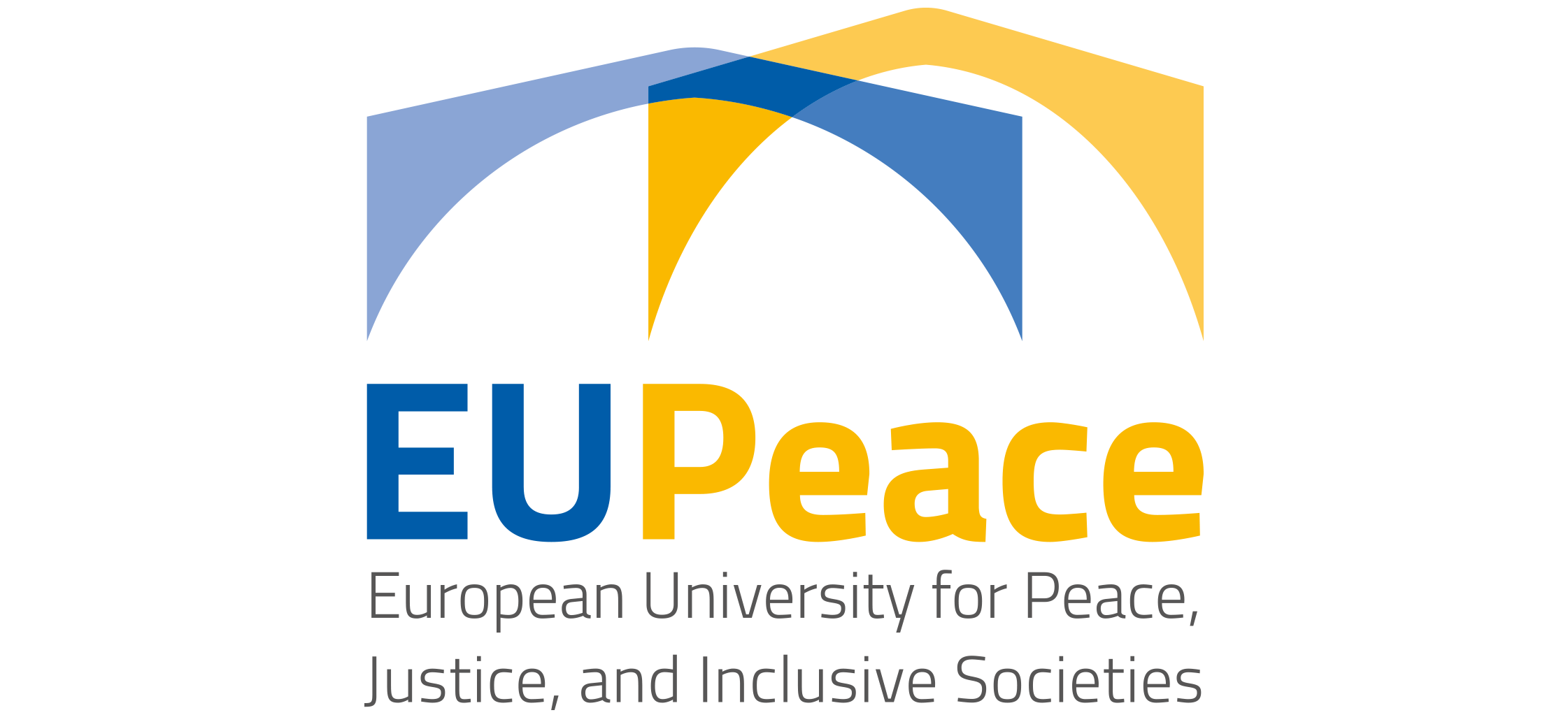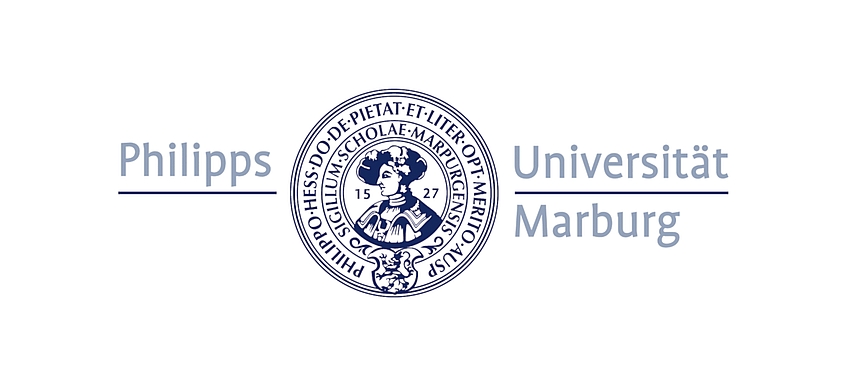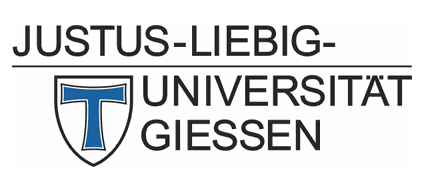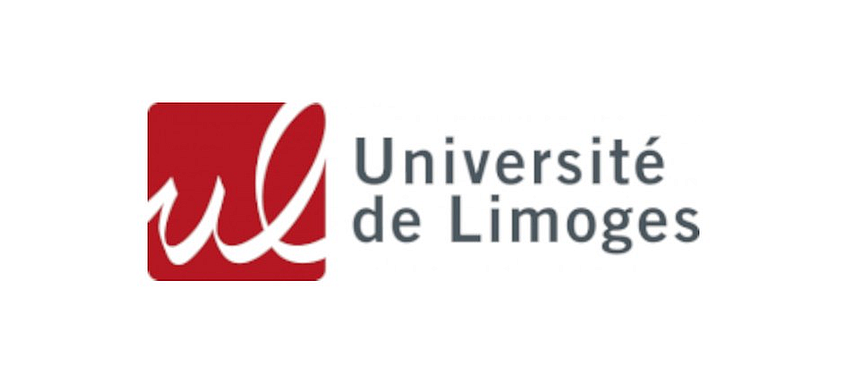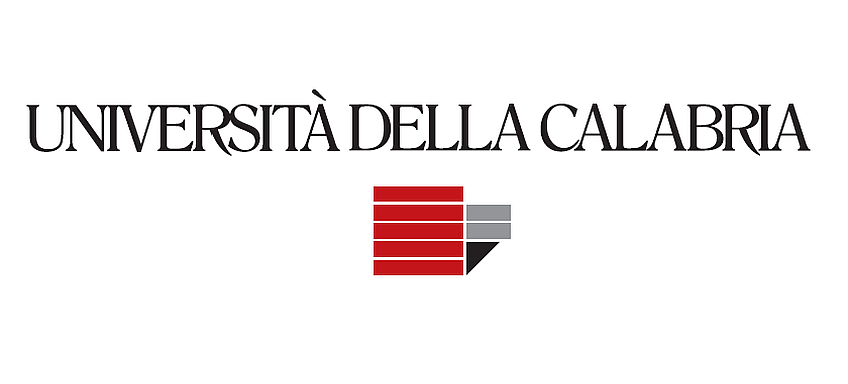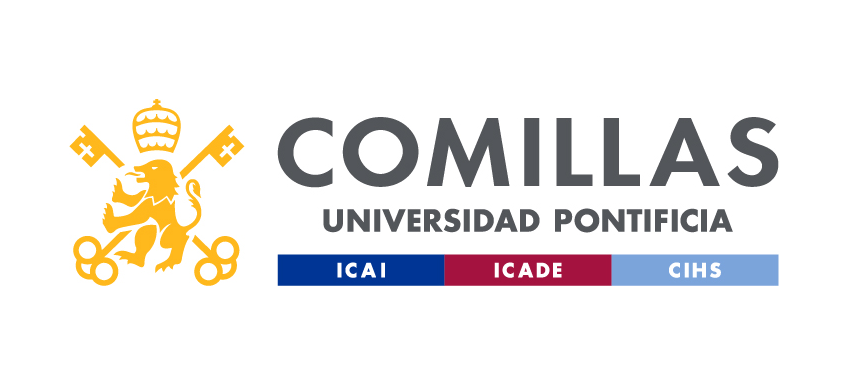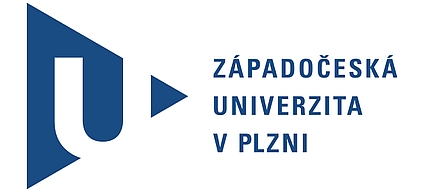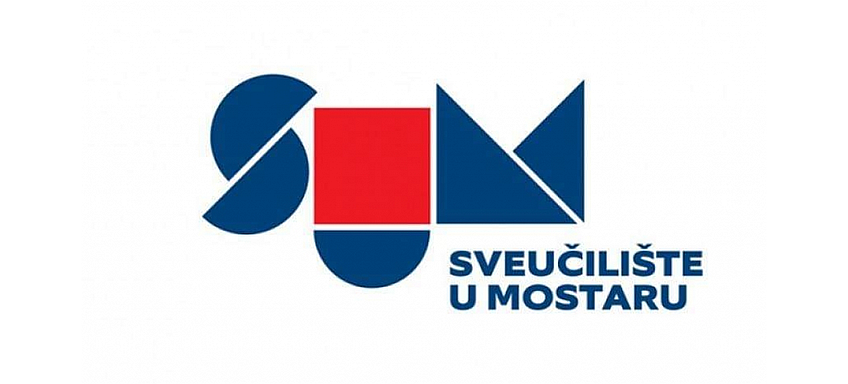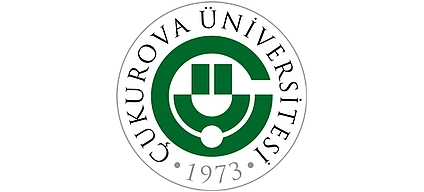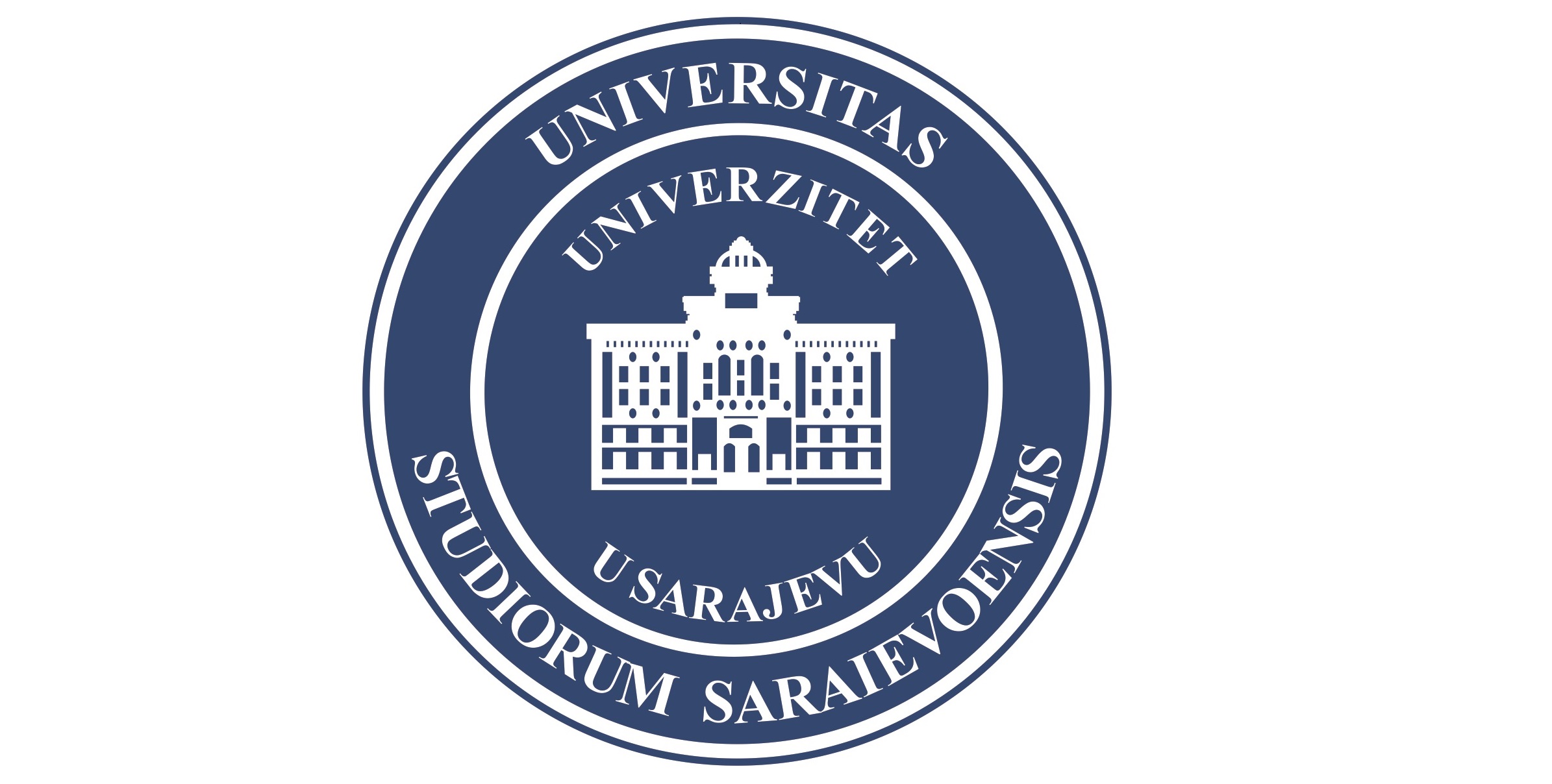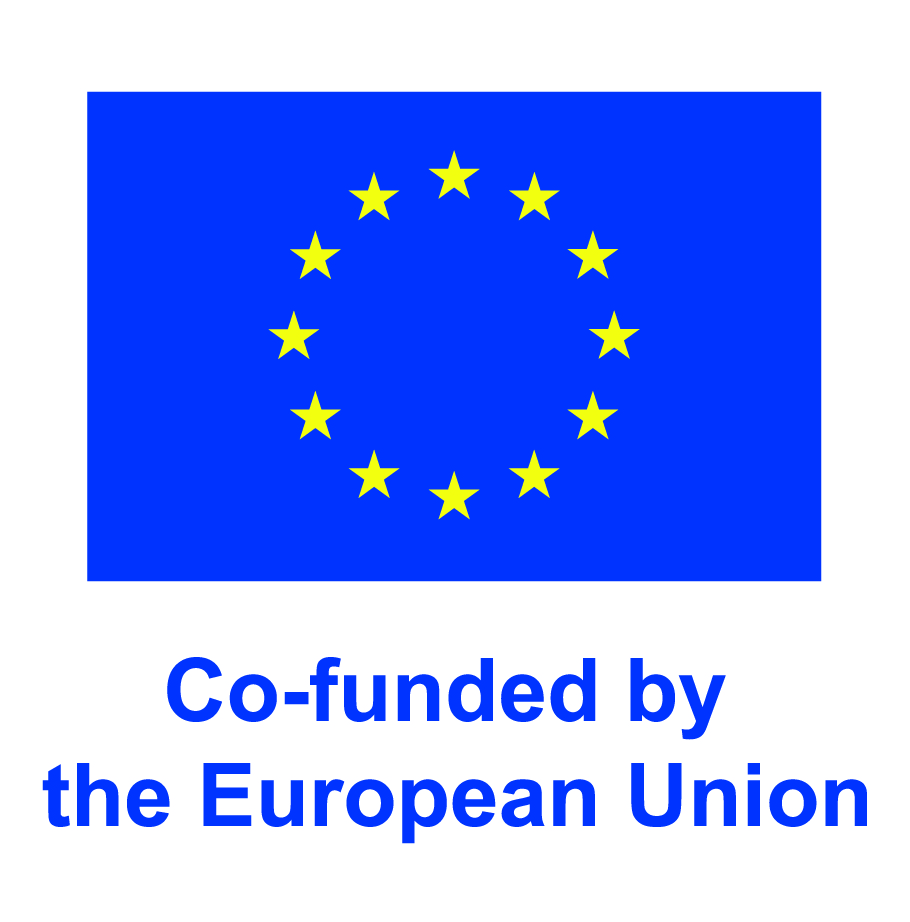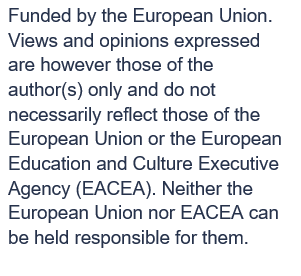05.05.2025 Double Erasmus+ funding and remove mobility barriers to promote the future of democracy in Europe
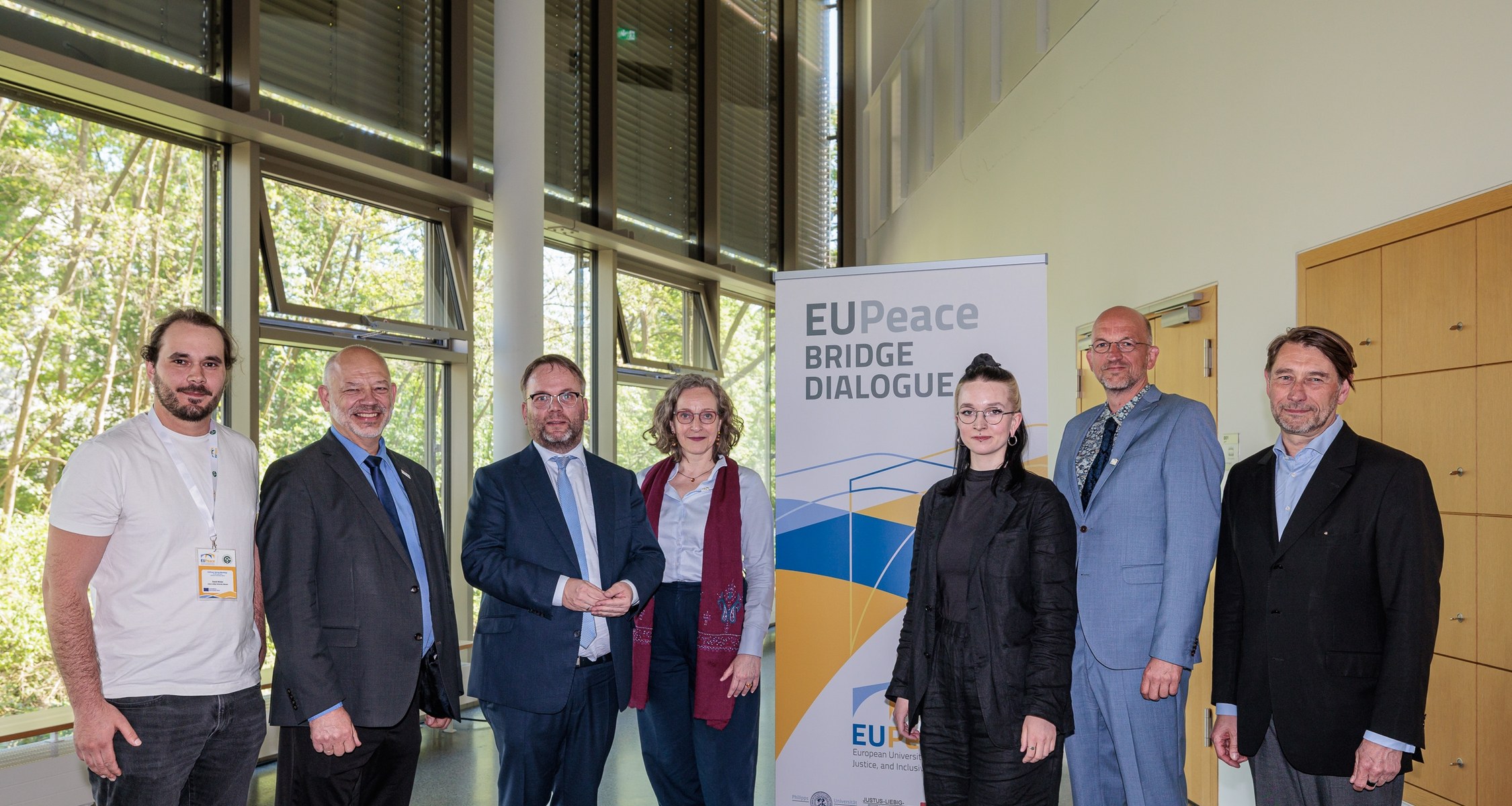
At the start of the Europe Weeks in Germany, Marburg University organised a panel discussion on 29 April 2025 dedicated to “Shaping the Future of Democracy through Science”. Together with Timon Gremmels, the Hessian Minister for Science and Research, Art and Culture, Dr. Stephan Geifes, the Director of the National Agency for Erasmus+ University Cooperation (NA DAAD), Prof. Dr. Evelyn Korn, the Deputy President of Marburg University & Chair of the Governing Board of EUPeace, Prof. Dr. Arndt Steinmetz, President of Hochschule Darmstadt – University of Applied Sciences & member of the EUT+ Alliance, David Winter, student at Justus Liebig University Giessen (JLU) & member of the Student Council of EUPeace, Lara Zieß, Student Vice-President of Marburg University, and Prof. Dr. Thorsten Bonacker, President’s Delegate for EUPeace at Marburg University & member of the Steering Committee of EUPeace, students, representatives from local authorities, politics and universities exchanged on the recent developments around academic freedom and democracy in Europe and worldwide, as well as on the role universities and Alliances play in shaping our European society of tomorrow.
The Europe Weeks in Germany highlight the added-value of European cooperation in education and research. All participants stressed indeed the unique position of Alliances as structural cooperation between universities, thereby strengthening their role as creators of innovation and protectors of democracy, as stated by Evelyn Korn in her welcoming speech. Looking back at the original steps leading to the European Union, both Timon Gremmels and Stephan Geifes recalled the words of Robert Schuman that “Europe will not be made all at once […] It will be built through concrete achievements which first create a de facto solidarity”. They pointed out that Alliances are a perfect tool to pursue these achievements and enhance solidarity, between students and societies. The high number of higher education institutions from the Hessen region that are part of Alliances shows the strong European heart of the region, according to the minister.
The impact universities and alliances have on society, e.g. through common projects cementing the place of universities in the middle of society, and not simply as one interchangeable part of it, (exemplified by the Living Peace Lab of EUPeace), as well as their role in attracting local and international talent for companies, cities, regions were also highlighted. Especially universities’ services to society rely on a positive (and not defensive) approach to the freedom of research and science, addressing new fields and developing original solutions in all disciplines.
One action that leads to more peace, more justice, and more inclusive societies is the strengthening of mutual understanding made possible through mobility. Participants further underlined that preserving achievements such as the freedom of movement in Europe, supporting the freedom of research, and continuously engaging in exchanges with society are the fundaments for robust democratic societies. To this effect, they called for ambitious funding for universities and alliances in the upcoming multiannual financial framework (MFF) of the European Union, not only for research but also for education, both with independent and strong funding programmes including a doubling of the Erasmus+ budget, as well as for the continued removal of bureaucratic barriers. Moreover, as universities are directly ensuring the competitiveness, the readiness and the preparedness of Europe, including by strengthening European values, a long-term structural and systematic support mechanism for Alliances, reinforcing all university missions, education, research and services to society, such as an Investment Pathway, is more topical than ever.
As the EU has set itself the goal of at least 23% of graduates in higher education having had a learning mobility experience, Alliances are key actors. The majority of European students are indeed studying at Alliance universities and while the latest studies have shown that the readiness for mobility is decreasing, Alliances can be role models in realising the fifth freedom, the free movement of research and innovation, as called for by former Italian Prime Minister Enrico Letta.
Participants exchanged on the specific barriers to mobility that all actors should work towards removing and proposed specific measures to raise mobility numbers: financial support for students, full information provision, mobility formats that embolden students to take part, affordable housing, short-term mobility, hybrid and online mobility ensuring social contacts for students, inclusive and sustainable mobility, mobility formats for students facing restrictions due to either a disability or family obligations, automatic recognition, legal restrictions for recognised professions, and the issuance of visas for students. Participants also proposed that Alliances not only offer mobility opportunities for the sake of it, but ensure that they are designed in such a way as to intrinsically support and promote democracy, since studies have not shown an automatic link between mobility itself and support for democracy.
EUPeace is well placed to answer this call, with among other its Mobility Platform helping students to prepare their stay, its online VEEP offers, its different summer schools for students or staff weeks for academics and administrative staff, and its Buddy System that will be launched next academic year.
The participants moreover debated the role of Alliances as counterpoints and counterweights to isolationist and autocratic tendencies. Alliances were indeed not only created to spread knowledge and conduct top research, but also to learn from each other and support social competences. The development of common values and of European values through the work of Alliances is essential for the future. EUPeace representatives highlighted in this respect the invaluable exchanges that the Alliance recently organised in Adana, Türkiye.
Participants closed the discussions by calling on all students, academics, administrative staff directly involved in Alliances to build on their intrinsic motivation that led them to establish alliances to further develop them into experimental spaces for the university community, especially for students, but also for society as a whole. Alliances are here to stay and their connexions are here to be deepened, in education, in research, and in their services to society.
Contact
Sandy Halliday
Mail: eupeace@uni-marburg.de
